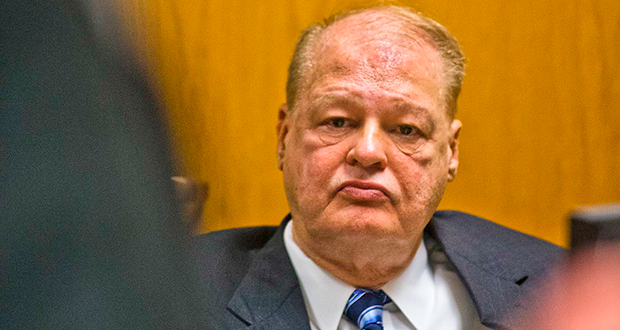The ethnic studies program in the Tucson schools were first portrayed as beneficial and excellent education enhancers for struggling students. Taken from the perspective of three students and multiple teachers, the Raza studies program was instrumental in teaching students about respect, pride and love not only for their culture but for America and themselves. Not until an old white man came into the picture did things start to get messy. Precious Knowledge highlights the problems within America's modern education system in the sense of legal convolution about ethnicity.
Precious Knowledge is the epitome of education and justice in film. If I were to rate it out of five stars, I would give it four and half. It summarizes yet challenges the problems within the American education system asking difficult questions like: what is the point of an education? What IS an education? How is education related to culture? Should schools teach about different cultures? What is American Culture? And so on. I think Precious Knowledge uncovered a hidden problem within education, that is: knowledge is power and power is dangerous. A reoccurring yet underlying argument made by Republican senators is that if everyone had equal treatment and equal opportunity, there would be no room for financial gain or superiority. Take for example, in the 1800's having a high school diploma was amazing and would be sustainable. Now, most professions require at least a college degree or even a Master's degree to be even considered. If everyone had equal opportunity to go to college, if college wasn't as expensive, eventually a Master's degree will be perceived as less prestigious, and so on. America is no longer the land of opportunity, it is the land of privilege. Precious Knowledge does not address this problem directly although, privilege is a reoccurring theme in education.



No comments:
Post a Comment